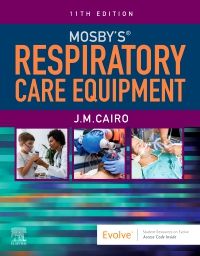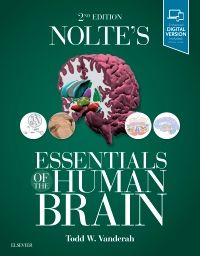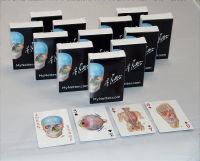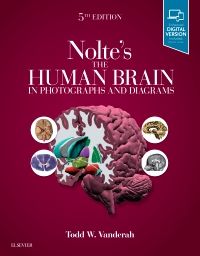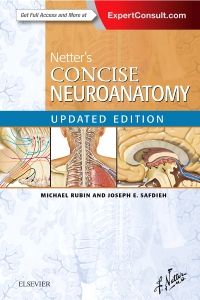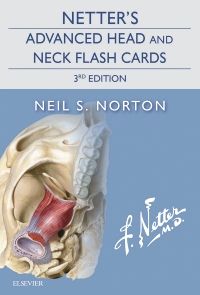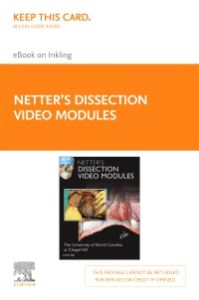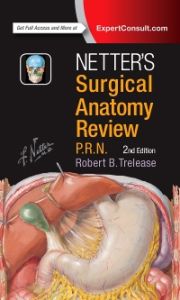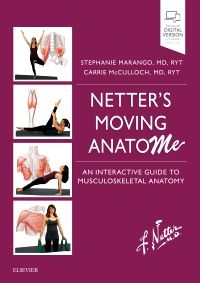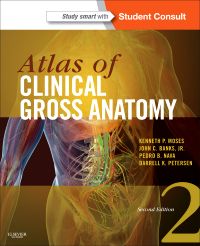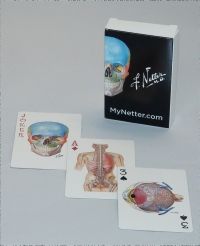Mosby's Respiratory Care Equipment, 11th Edition
Master the equipment, devices, and techniques used in respiratory therapy! Mosby's Respiratory Care Equipment, 11th Edition provides a comprehensive guide to treating patients with cardiopulmonary dysfunction. Using a how-to approach, this text helps you learn to identify and select equipment, understand its operation, and apply your knowledge to clinical practice. It also discusses assessment, testing, protocols, and troubleshooting of the devices used in airway management. Written by noted educator J. M. Cairo and a team of expert contributors, this leading text provides the skills that will help you breathe easier as you prepare for NBRC examinations.
Master the equipment, devices, and techniques used in respiratory therapy! Mosby's Respiratory Care Equipment, 11th Edition provides a comprehensive guide to treating patients with cardiopulmonary dysfunction. Using a how-to approach, this text helps you learn to identify and select equipment, understand its operation, and apply your knowledge to clinical practice. It also discusses assessment, testing, protocols, and troubleshooting of the devices used in airway management. Written by noted educator J. M. Cairo and a team of expert contributors, this leading text provides the skills that will help you breathe easier as you prepare for NBRC examinations.
New to this edition
- NEW! Updated clinical scenarios are added throughout the text, which incorporate clinical practice guidelines (AARC, AECC, CCM) and reflect NBRC exam outlines.
- NEW! Updated end-of-chapter questions include additional clinical data, which also incorporate clinical practice guidelines (AARC, AECC, CCM) and reflect NBRC exam outlines.
- NEW! Coverage of infant and pediatric ventilators is now included in the Mechanical Ventilators: General Use Devices chapter.
- NEW! Updated Transport, Home Care, and Noninvasive Devices chapter includes the use of mechanical ventilators in alternative sites, e.g., air transport and long-term acute care (LTAC) facilities.
Key Features
- Unique! Clinical approach provides a "how to" approach to identifying equipment, understanding how it works, and applying the information in clinical practice.
- Unique! Organization of ventilators by application area and manufacturer makes it easier to learn, review, and locate ventilator information.
- Unique! Infection Control chapter reviews microbiology and infection control, a topic that RTs must understand to prevent healthcare-associated infections, and discusses infection control in mass casualty situations.
- Unique! Clinical Scenario boxes address problems that may be encountered during actual use of equipment and raise clinically relevant questions, with suggested answers on the Evolve companion website.
- Learning features include chapter outlines, learning objectives, key terms, chapter introductions, and bulleted key point summaries to identify and reinforce the most important material in each chapter.
- Chapter review questions at the end of every chapter reinforce your comprehension, using NBRC-style multiple-choice or critical-thinking questions to match the types of questions covered on the NBRC exams.
- Unique! Historical Notes boxes highlight clinically relevant and valuable historical information on respiratory care equipment.
- Excerpts of Clinical Practice Guidelines (CPGs), statements of care developed by the AARC, provide important information regarding indications/contraindications, hazards and complications, assessment of need, assessment of outcome, and monitoring.
- Glossary of key terms is listed in the back of the book for quick reference.
Author Information




